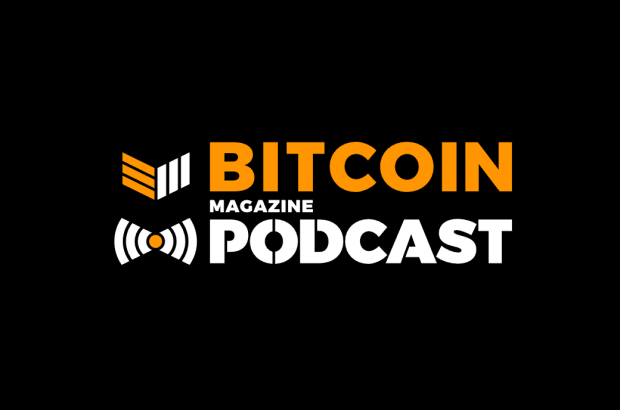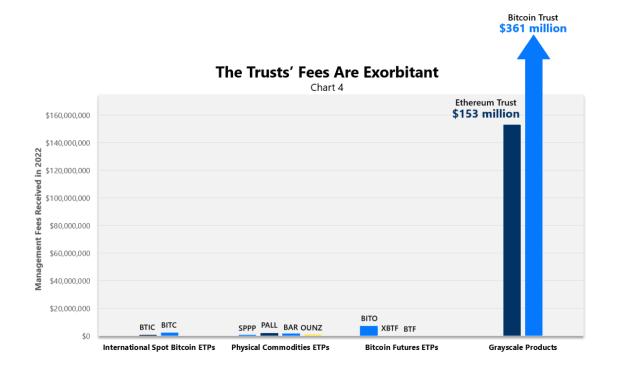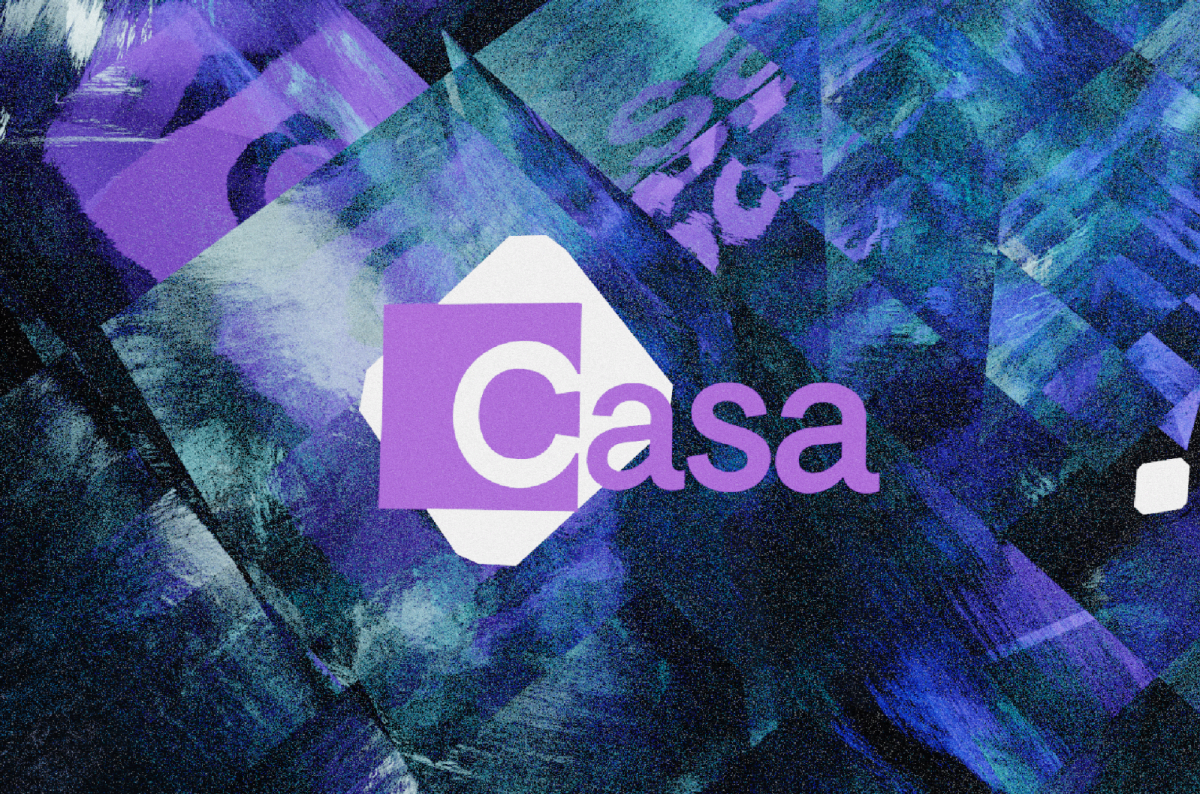Is Iran Becoming A Bitcoin Nation?
Late last month, Iran Daily, the official newspaper of the country’s government, reported that the administration had amended its cryptocurrency legislation to make digital assets “exclusively used for funding imports at a time of increased pressure on the country’s normal use of hard currencies.”
In practice, this means that bitcoin and other cryptocurrencies that are mined officially under government oversight will have to be supplied directly to the Central Bank of Iran (CBI) within an authorized limit, based partially on the amount of subsidized energy that the miner uses.
“The miners are supposed to supply the original cryptocurrency directly and within the authorized limit to the channels introduced by the CBI,” per Iran Daily.
The report did not clarify how the CBI would be buying the cryptocurrency or at what rate, but it is likely that the government will be buying bitcoin at lower-than-market prices.
This latest update to Iran’s policies is a key aspect of what has become the world’s most interesting cryptocurrency landscapes:
- Last year, Iran legalized cryptocurrency mining and instituted heavy-handed regulations to control the practice.
- With access to oil reserves and relatively cheap electricity, Iran can offer heavily-subsidized power to miners and offset a bulk of the cost of mining cryptocurrencies like bitcoin for firms that play by their rules.
- Alternatives to fiat currencies like the USD are attractive to the powers in Iran, as economic sanctions from the U.S. and other countries largely bar it from transacting with the world’s reserve fiat currency.
- As Iran’s rial suffers from hyperinflation, its people are seeking an alternative store of value.
To get a clearer picture of what the latest developments mean for Bitcoin in Iran, I reached out to Ziya Sadr, a Bitcoiner who lives in Tehran and has never left the country because the government “won’t give [him] a passport.” (We passed Sadr the Lightning Torch back in April 2019.) I also spoke with Omid Alavi, the CEO of Vira Miner, who holds a mining license and operates a legal bitcoin mining farm in Iran.
Is Iran Building Up A Bitcoin Reserve?
Because the latest amendment forces regulated miners to furnish their BTC to the central bank, much of the Bitcoin community speculated that the country is building up a bitcoin reserve. Bitcoin would be a powerful tool to allow it to opt out of its failing fiat currency and circumvent international sanctions. But both Alavi and Sadr rejected that notion.
“By no means is the government interested in acquiring bitcoin and this approach is not limited to Iran,” Alavi said. “Most of the world’s central banks are not interested in accepting bitcoin’s risks and fluctuations.”
Sadr echoed that take, while underscoring the fact that he doesn’t have any insider knowledge into the CBI’s actual plans.
“I don’t think the central bank will touch bitcoin in any way,” Sadr said. “The system will only provide rates and stuff and the bitcoin will be transferred from sender to receiver directly.”
Sadr speculated that the government will establish a system for cryptocurrency management that is similar to its forex management system, known as NIMA. CBI controls the NIMA exchange rate and facilitates the exchange of foregin currencies, but does not build up a reserve of foreign currencies through it.
Does The New Rule Disincentivize Bitcoin Miners?
Sadr noted that the latest amendment could solve a problem for regulated bitcoin miners in the country who face challenges from the government when they try to sell the BTC they receive in rewards. Rather than seeing it as a limitation — because they have to sell their bitcoin to the government for funding imports — he suggested it was a benefit because they now had a clear avenue for selling cryptocurrency in an approved way. However, this would not apply to the bulk of bitcoin miners operating in Iran, and it may not have much impact overall.
“Most miners don’t do official and regulated mining operations, so it may not concern most miners,” Sadr said. “Some of the very few miners who are trying to do their mining business officially and in a completely regulated way, they may need this [new rule].”
Alavi, on the other hand, expects the latest amendment to dissuade cryptocurrency mining operations in the country.
“Due to the high price of electricity and gas for the extraction of cryptocurrencies in Iran, the result of changing this decree will be the reduction of bitcoin production in Iran, because no miner is interested in providing his bitcoin to the government at this rate,” he said.
Alavi added that the bitcoin mining industry in Iran is “very low and limited,” reporting that there are only 14 legal mining centers in the country.
The Bitcoin Outlook In Iran
Despite feelings that the government itself is not interested in accruing bitcoin and that the legal mining industry is small, Sadr is optimistic about the growth of Bitcoin among everyday Iranians. He pointed to the fundamental economic problems in the country as the primary drivers, noting that smartphones can cost Iranians eight or nine months of salary. He shared anecdotal evidence that more people are using bitcoin to send remittances to family members in Iran and to store their value, diverting from more traditional stores like gold which can make them the targets of criminals.
“Regarding income and revenue, you’re better off with bitcoin than fiat currency here in Iran and people are understanding this now,” Sadr said. “I’m predicting that bitcoin is going to take a much bigger share of such economic actions… With regard to inflation, people have no other way but Bitcoin.”
However, Sadr noted that he does not see an official “Bitcoin industry” in the country and that the exchanges and mining businesses that do exist are better described as individuals who have opted for the safe haven, rather than a formal group.
This outlook seems reinforced by the governments’ recent regulations, which simultaneously formalize the production and subsidization of cryptocurrencies but also limit their use with highly-restricted oversight. This dynamic seems to have choked out any flourishing bitcoin industry that might have sprung up in an area so ripe for adoption, rather than encourage it.
“To date, the Iranian government has not shown any practical interest in supporting the crypto mining industry, and has approved only one or two weak resolutions, most of which were propaganda,” Alavi explained. “In general, the cost of bitcoin mining in Iran is very high and has no economic justification. Currently, the volume of mined bitcoin is so low that it cannot meet the foreign exchange needs of a factory.”
The post Is Iran Becoming A Bitcoin Nation? appeared first on Bitcoin Magazine.









